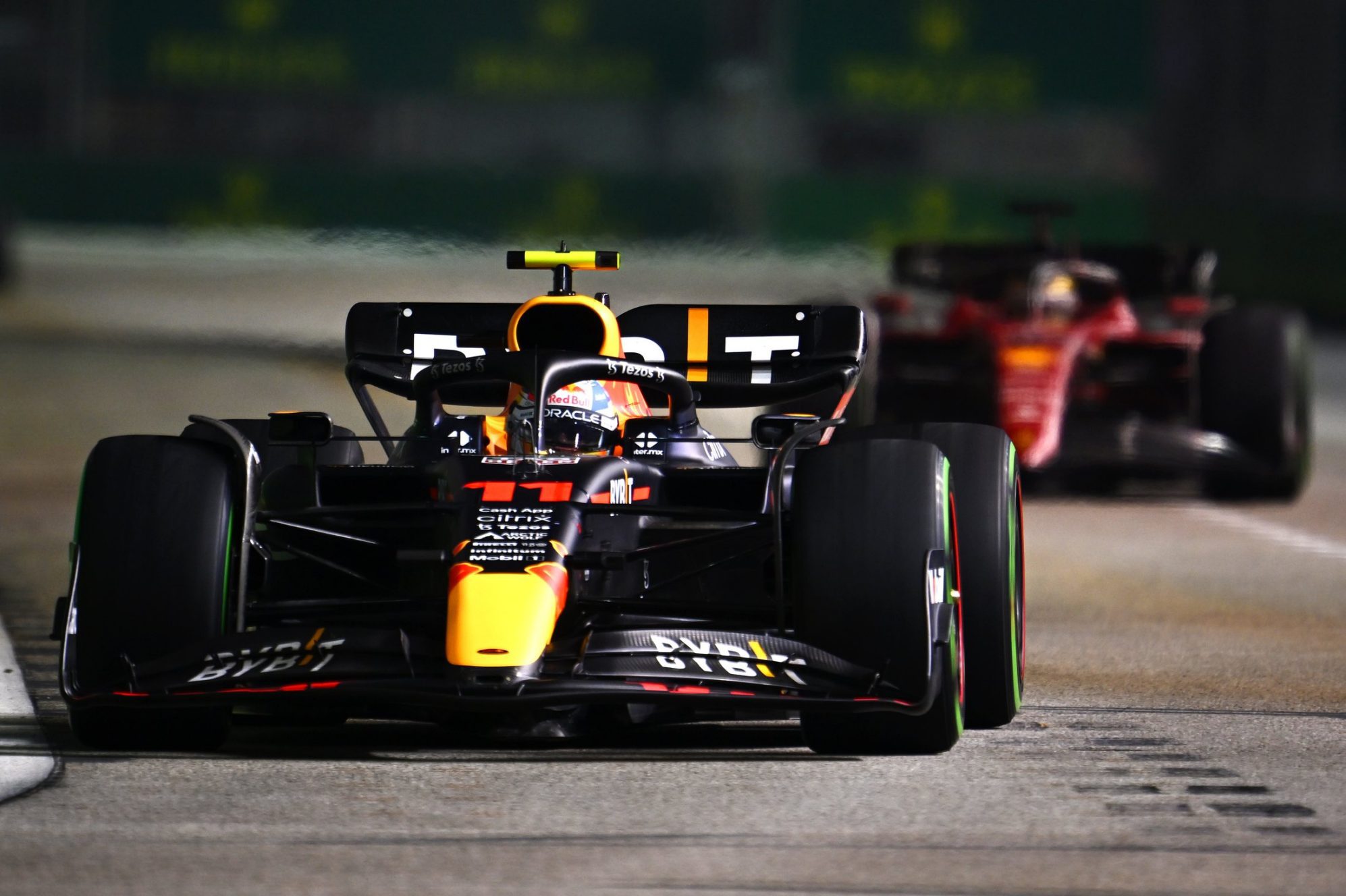Formula 1 (F1), auto racing in general, is uniquely positioned. With the cost of petroleum and oil skyrocketing, there has been a call for F1 and the sport’s governing body, the Fédération Internationale de l’Automobile (FIA), to implement policies that will be eco-friendly and keep the integrity of auto racing. The FIA’s stance has been clear: it plans to be carbon neutral by 2030. Some drivers and racing teams are taking it further.
Aston Martin driver Sebastian Vettel questions his place in auto racing amid changes in the environment. Vettel’s stance was self-critical, noting how he considered himself a “hypocrite” every time he stepped out of his F1 car. “When I get out of the car, of course, I’m thinking as well, ‘Is this something we should do, travel the world, wasting resources?’” Vettel wondered. However, it is his passion to drive, so rather than be a critical observer, Vettel has been committed to raising awareness about environmentalism and sustainability. Vettel is a four-time F1 world champion, but he’s not the only decorated driver making it a personal responsibility to fight changes to the climate.
Lewis Hamilton is undoubtedly the most famous driver on the F1 circuit, at least the most decorated of the 2010s. He is active on social issues like justice for all and environmental protection.
Hamilton’s lifestyle choices reflect his desire to reduce his carbon emissions, whether in his personal life or with his race team, Mercedes-AMG Petronas. Hamilton has adopted a plant-based diet to reduce emissions from the food industry, uses an electric or hybrid car when casually driving, and even sold his private jet.
On the racing side, Mercedes has implemented a Dual Axis steering system that uses less energy to turn the F1 car and has embraced using renewable energy for fuel. The company doubled down on that stance since announcing its renewable energy plans in 2020, with team principal Toto Wolff mentioning how he hopes Mercedes can be a case study for other teams to reach carbon neutrality. Hamilton and Mercedes’s influence is being felt with new regulations coming into effect each race season — most aimed at making the cars and engines more sustainable.

Mercedes isn’t the only team committed to the sustainability mission. American-owned racing team Haas Racing has announced that while it recognizes the damage done by F1 emissions and events, it is committed to finding sustainable technologies and methods in its cars and travel. The task seems daunting, but as more teams come together in solidarity, it will be easier to collaborate on solutions.
F1 has been fighting the good fight against changes to the climate since around 2014 when it switched to turbo-hybrid engines. This change helped cut back emissions, but energy consumption has remained a sticking point. As cars get heavier, it takes more quantities of energy to slow down or turn on tight racecourses like Monaco.
However, F1 has pushed on, announcing that every event will be sustainable by 2025. This statement includes using biofuels, and by 2026, the sport will introduce more electric-based engines.
The speed of the cars doesn’t intend to go down, but emissions might plummet if these new policies and technology work in full effect.
While alternative racing bodies like Formula-E have been established, emerging as the only sports body to produce zero carbon emissions, the electric race cars aren’t as fast as F1 vehicles. The lack of speed means fuel-based engines will still be in use for the foreseeable future. However, with drivers and race teams committing themselves to more sustainable lifestyles and using hybrid-engine technology, F1’s goal of reducing emissions and waste is looking much more achievable.





